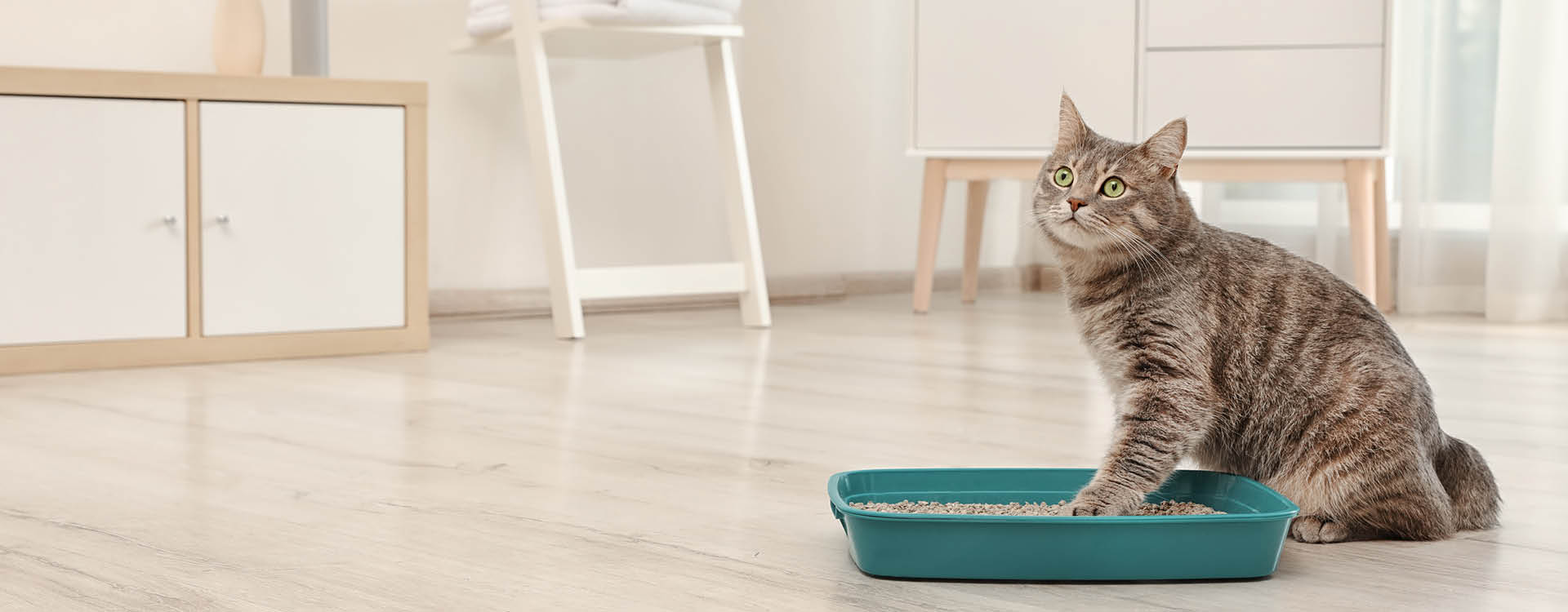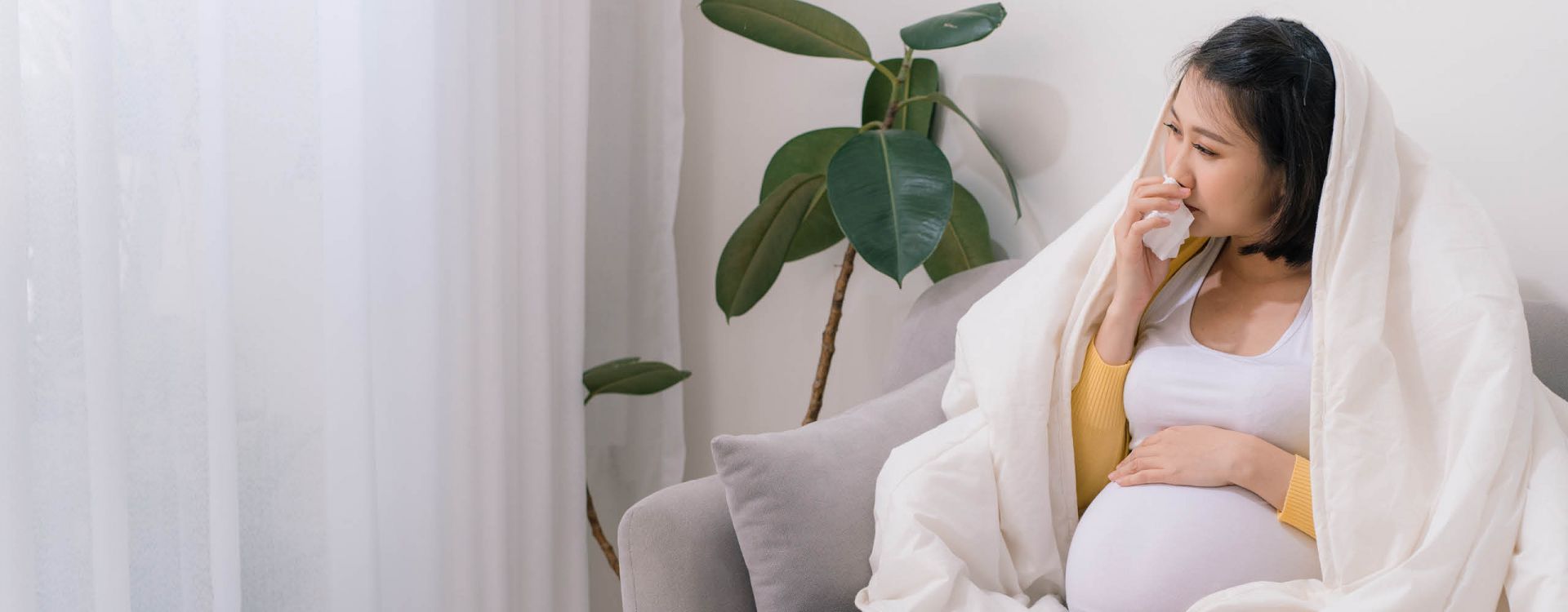As soon as that second line turns pink, your world changes — fast. Your diet? Scrutinized. Your supplements? Under review. Your skincare? Wait, should you be worried about your moisturizer now?
Yep — you might be surprised to learn that some everyday skin care products contain ingredients that aren’t ideal during pregnancy. And if you’re dealing with hormonal acne, hyperpigmentation, or dryness (all common pregnancy skin woes), you’re probably Googling ingredients at 2 a.m., trying to figure out what’s safe.
This guide breaks down pregnancy-safe skin care: what’s safe, what to skip, and how to simplify your routine without sacrificing results. From retinol and salicylic acid to hyaluronic acid and sunscreen, we’ll walk through it all — backed by science, not fear.
What Does "Pregnancy-Safe" Skin Care Even Mean?
“Pregnancy-safe” skin care typically refers to products that avoid ingredients linked to birth defects, hormonal disruption, or poor pregnancy outcomes — either in animal studies, case reports, or theoretical risks [*]. The placenta acts as a barrier, but not a perfect one. Many substances (especially small molecules like certain acids or vitamins) can pass through to the baby [*].
But here’s the good news: the list of skincare ingredients that must be avoided is relatively short. And with a few smart swaps, you can absolutely keep your skin healthy and glowing throughout pregnancy.
The most important takeaway? Not all “natural” products are safe — and not all “chemicals” are harmful. It’s about ingredient safety, not fear-based marketing.
Pregnancy-Safe Skin Care Products
Let’s start with the good stuff — skincare for pregnant women that’s effective and safe. These ingredients have either been studied in pregnancy or are considered low-risk due to how they act in the body (or on the skin).
Hyaluronic Acid
A hero hydrator. This naturally occurring sugar molecule holds up to 1,000 times its weight in water and helps keep your skin plump and moisturized. Since it works on the surface of your skin and isn’t systemically absorbed, it’s safe to use daily during pregnancy [*]
Vitamin C
Vitamin C (ascorbic acid) is a powerhouse antioxidant. It helps brighten skin, support collagen production, and reduce hyperpigmentation [*]. Bonus: it can help counteract the increased melasma risk many women experience due to hormonal shifts [*].
Stick to a concentration of 10–20% and look for stabilized forms like sodium ascorbyl phosphate or magnesium ascorbyl phosphate if you have sensitive skin [*].
Niacinamide
This form of vitamin B3 is a multitasking gem — it improves skin barrier function, reduces redness, and helps with uneven tone. It’s considered safe during pregnancy and pairs well with most other active ingredients [*].
Lactic Acid (in moderation)
Lactic acid is a gentler alpha-hydroxy acid (AHA) often used for exfoliation. In low concentrations (under 10%), it's generally safe and effective for smoothing skin and managing breakouts [*]. Avoid peels or spa-strength versions unless cleared by your OB or dermatologist.
Azelaic Acid
Azelaic acid is an underrated MVP — it treats acne, rosacea, and hyperpigmentation, and is considered safe during pregnancy. It works by gently exfoliating the skin and reducing inflammation and bacteria, making it an excellent alternative to harsher actives [*].
Zinc Oxide
This mineral provides broad-spectrum sun protection without chemical filters. Zinc sits on top of the skin rather than being absorbed, making it one of the safest sunscreen ingredients during pregnancy [*].
Vitamin E
Vitamin E is a skin-conditioning antioxidant often included in moisturizers and oils. While high oral doses are discouraged, topical vitamin E is generally considered safe and can help soothe dry or itchy skin [*].
Skincare Ingredients to Avoid During Pregnancy
Not every effective ingredient is pregnancy-friendly. Some compounds are absorbed into the bloodstream or have been linked to adverse outcomes in studies. Here’s what to steer clear of.
Retinol and Retinoids (Vitamin A Derivatives)
This one tops every list — for good reason. Oral isotretinoin (Accutane) is known to cause serious birth defects [*]. While topical retinoids have much lower absorption, the risk isn’t zero. Most providers recommend avoiding all retinoids, including [*]:
- Retinol
- Retinyl palmitate
- Tretinoin
- Adapalene (Differin)
If you’re using a prescription product, speak with your provider about when and how to safely discontinue it.
Salicylic Acid (In High Doses)
Salicylic acid is a beta-hydroxy acid (BHA) commonly used for acne [*]. While low-dose, over-the-counter formulations (under 2%) are generally considered safe for short-term use, high-dose peels and spot treatments can pose a theoretical risk [*][*].
If you’re acne-prone, look for gentler alternatives like azelaic acid or sulfur.
Glycolic Acid
This powerful AHA is often used to improve texture and pigmentation [*]. While small amounts in over-the-counter products are typically okay, high concentrations (especially in chemical peels) should be avoided due to potential absorption and irritation [*][*].
AHAs and BHAs (In High Concentrations)
Both AHAs (like glycolic or lactic acid) and BHAs (like salicylic acid) can be irritating in strong doses [*]. While low levels may be safe, skip chemical peels and spa treatments unless cleared by your provider [*].
Hydroquinone
Used for treating dark spots and melasma, hydroquinone is not pregnancy-safe. It has a high absorption rate (up to 45%), and there’s not enough safety data for use during pregnancy. Skip it until after you’re done breastfeeding [*].
Benzoyl Peroxide
Studies are limited, but benzoyl peroxide is typically considered a low-risk option for acne [*]. That said, many providers recommend using it sparingly, especially in the first trimester. It’s best to consult your OB before incorporating it into your routine.
Chemical Sunscreens (Some)
Not all chemical filters are bad, but some — like oxybenzone and avobenzone — have raised concerns due to potential hormonal disruption. Mineral-based sunscreens with zinc oxide or titanium dioxide are safer bets [*].
Essential Oils (Certain Types)
Just because it’s “natural” doesn’t mean it’s safe. Some essential oils, like rosemary or clary sage, may stimulate uterine contractions or affect blood pressure [*]. Always check with a professional before using essential oil blends, especially in DIY skincare.
What About Sunscreen?
Short answer: yes, you absolutely need sunscreen during pregnancy. Hormonal changes can increase melasma (aka the "mask of pregnancy"), so sun protection is crucial [*].
The safest options? Mineral sunscreens using zinc oxide or titanium dioxide. They physically block UV rays and sit on the skin's surface instead of being absorbed [*].
Avoid oxybenzone and other chemical filters with potential endocrine-disrupting effects. Look for labels like [*]:
- “Reef-safe”
- “Mineral SPF”
- “Non-nano particles”
Pregnancy-Safe Skincare Brands
You don’t need a total overhaul — just a few go-to brands that prioritize safe, clean formulations. These are frequently recommended by dermatologists and moms alike:
Belli Skincare
Designed specifically for pregnant and breastfeeding women, Belli Skincare is both OB-GYN and dermatologist-recommended. Their products are carefully formulated to exclude known teratogens and harsh chemicals, making them a trusted choice for moms-to-be who want effective yet safe skincare [*].
Pipette
Backed by clean, science-driven formulations, Pipette offers gentle, affordable skincare that avoids questionable or potentially harmful ingredients. Their focus on transparency and safety makes Pipette a great option for expecting moms looking for simple, effective products that are kind to both mom and baby [*].
Beautycounter
With a strong commitment to ingredient safety, Beautycounter rigorously tests its products and avoids over 1,800 harmful chemicals. They have a dedicated “pregnancy safe” section on their website, making it easy for moms-to-be to find trusted skincare that supports healthy skin without compromise [*].
The Ordinary (Select Products)
While not specifically formulated for pregnancy, many of The Ordinary’s products contain straightforward, low-risk ingredients that are generally considered safe to use while pregnant. Avoid any products with retinoids (like retinol or retinaldehyde) and high-concentration exfoliating acids [*].
However, their hyaluronic acid, niacinamide, and azelaic acid formulations are excellent, budget-friendly options for maintaining hydration, reducing redness, and managing mild acne or pigmentation during pregnancy [*].
As always, check individual product ingredients and consult your healthcare provider if you’re unsure.
CeraVe
Recommended by dermatologists and widely available at most drugstores, CeraVe offers gentle, fragrance-free cleansers and moisturizers that are generally safe for use during pregnancy. Their formulas focus on restoring and maintaining the skin’s natural barrier with ingredients like ceramides and hyaluronic acid [*].
If you’re considering more specialized treatments from CeraVe, such as products with active ingredients like niacinamide or exfoliating acids, it’s a good idea to double-check those specific actives for pregnancy safety. Otherwise, their basic hydrating and cleansing products are a reliable, budget-friendly choice for expecting moms [*].
Additional Pregnancy-Safe Skincare Resources
Want to dive deeper into pregnancy skincare safety? These tools can help.
EWG Skin Deep Database
Search thousands of skincare products for safety scores and detailed ingredient breakdowns. The Environmental Working Group (EWG) created this database to help consumers identify products that are free from known carcinogens, endocrine disruptors, and developmental toxins — all especially important during pregnancy.
For pregnancy-safe skincare, EWG typically recommends [*]:
- Fragrance-free products (to avoid potential hormone-disrupting phthalates)
- Mineral-based sunscreens using zinc oxide or titanium dioxide
- Moisturizers with minimal ingredients, such as shea butter, squalane, or ceramides
- Avoiding “parfum” or “fragrance” listed on ingredient labels
- Choosing low-hazard scores (0–2) on their 1–10 scale for pregnancy and baby-safe use
It's a great tool to use while shopping or reviewing products you already own, especially if you’re navigating long ingredient lists.
INCI Decoder
INCI Decoder, International Nomenclature Cosmetic Ingredient Decoder, helps you make sense of the often confusing, science-y ingredient lists on skincare labels. INCI stands for International Nomenclature of Cosmetic Ingredients, which is the standardized system used on most product packaging worldwide [*].
Just copy and paste a product’s full ingredient list, and INCI Decoder breaks it down into [*]:
- What each ingredient is
- What it does (hydrator, exfoliant, preservative, etc.)
- How irritating or comedogenic it might be
- Whether it’s flagged as unsafe or potentially problematic (especially helpful during pregnancy)
While not pregnancy-specific, it’s an incredibly helpful resource for checking whether a product contains things like retinoids, salicylic acid, fragrance, or harsh preservatives — so you can make more informed, low-risk choices for both you and your baby.
Ask Your OB-GYN or Dermatologist
When in doubt, bring the product to your next appointment. They can help you weigh the risks and recommend alternatives if needed.
The Bottom Line
Navigating skincare during pregnancy can feel like walking through a maze of confusing labels and conflicting advice, but it doesn’t have to be overwhelming. A few smart choices go a long way.
Start by simplifying your routine. Focus on hydration, barrier repair, sun protection, and gentle exfoliation. Ingredients like hyaluronic acid, vitamin C, and niacinamide can safely support your skin’s natural glow, while powerhouse ingredients like retinol and high-dose salicylic acid are best saved for postpartum.
Remember, every pregnancy — and every skin type — is different. What works for one person might not work for another, and that’s okay. If you’re ever unsure, don’t hesitate to run a product by your OB-GYN or dermatologist. There’s no need to panic over a single use of a questionable ingredient, but going forward, knowledge is your best beauty tool.
Pregnancy is a season of rapid change, and your skin will go through its own journey along the way. Treat it with the same care, patience, and respect that you’re showing the rest of your body. After all, you’re not just growing a baby — you’re growing into a new version of yourself, too.
About MiracleCord
Pregnancy is all about preparation — from swapping your skincare to prepping the nursery. While you're making smart choices to protect your skin, don’t forget the one-time opportunity to protect something even more powerful: your baby’s cord blood.
At MiracleCord, we offer cord blood and cord tissue banking — preserving the stem cells that could one day help treat serious conditions like leukemia, anemia, and immune disorders. It’s a simple, safe process that happens at birth, but could offer lifelong benefits.
With industry-leading technology, exceptional customer service, and a commitment to quality, MiracleCord takes the guesswork out of cord blood banking.
Because just like great skincare, it’s about investing today to protect what matters most tomorrow.
Request your free information kit today, or call 888.743.2673 to speak with a cord blood expert.
DISCLAIMER: THE INFORMATION ON THIS WEBSITE IS NOT INTENDED TO BE USED AS MEDICAL ADVICE.The materials and information contained on the MiracleCord website is provided for educational and informational purposes only, and is not intended to, and does not constitute, medical or other health advice or diagnosis, and should not be used as such. You should not use this information to diagnose or treat a health problem or disease. If you are seeking personal medical advice, you should consult with a licensed physician. Always consult with a qualified health care provider regarding a medical condition.




